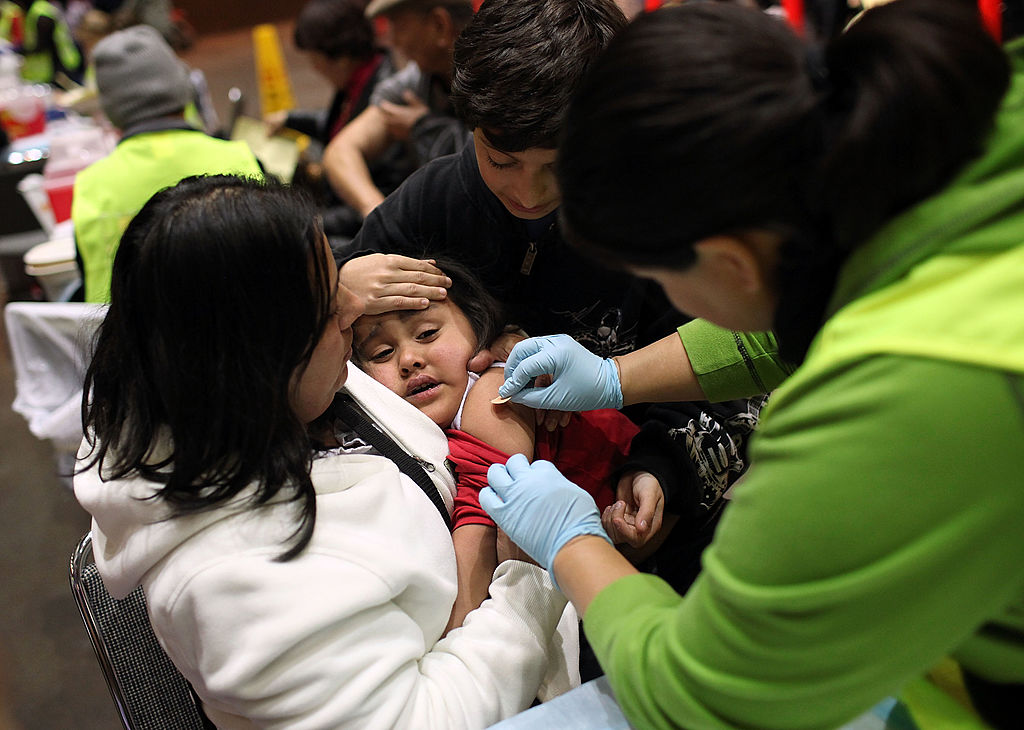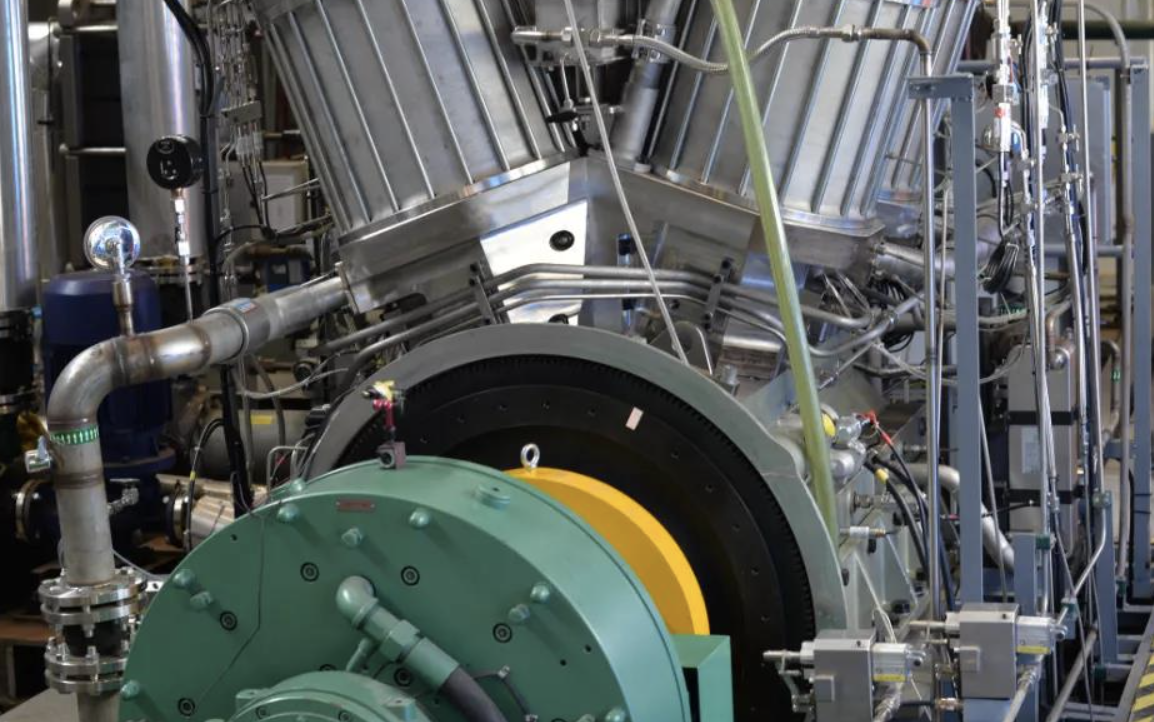Young individuals have been found to have a lower risk of severe illness or death from COVID-19 compared to older age groups. Researchers have now replicated this phenomenon in mice for the first time, using genetic modifications to introduce a human-like version of the virus. This breakthrough creates a mouse model that closely mirrors how COVID-19 affects young human patients.
Previous mouse models were not able to tolerate the infection, but this new model successfully manifested similar symptoms. The team, led by Jef Boeke, the Sol and Judith Bergstein Director at NYU Langone Health’s Institute for Systems Genetics, emphasized the significance of this achievement. The survival of the genetically altered mice is a major step in creating an animal model that accurately represents the way COVID-19 behaves in most human cases, including immune system activation and symptom manifestation.
To achieve this, the researchers introduced human genetic material linked to the ACE2 protein into laboratory mice. ACE2 is a protein found in various human cell types and plays a crucial role in regulating essential functions such as blood pressure and fluid balance. ACE2 is also the primary entry point for the SARS-CoV-2 virus into human cells, making it a fundamental factor in how COVID-19 develops and progresses.
The study of ACE2 and its connection to COVID-19 has been instrumental in understanding the mechanisms behind the virus’ transmission and has contributed to the development of therapies and vaccines. Boeke and his team plan to crossbreed these humanized ACE2 mice with other mouse strains to study varied responses to the virus, including in individuals with health conditions and in the context of aging.
The researchers initially used a “genome writing” technique using yeast to engineer live mice with cellular properties resembling human ACE gene activity levels. The findings of this research have been published in the journal Nature, marking a significant advancement in our understanding of COVID-19.
In conclusion, scientists have successfully created a mouse model that replicates the reduced risk of severe illness seen in young individuals infected with COVID-19. This breakthrough will pave the way for further studies on the virus and its effects on different populations. The research findings have been published in the journal Nature.

I have over 10 years of experience in the cryptocurrency industry and I have been on the list of the top authors on LinkedIn for the past 5 years. I have a wealth of knowledge to share with my readers, and my goal is to help them navigate the ever-changing world of cryptocurrencies.







